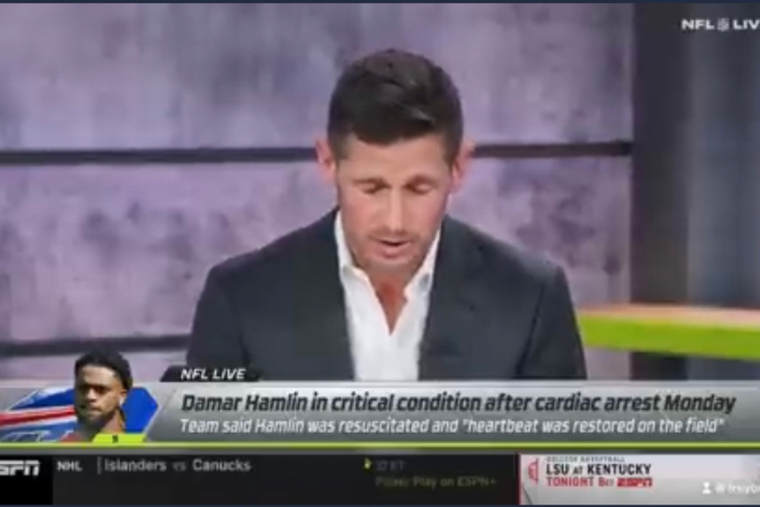THE QUESTION:
Is gambling evil?
THE RELIGION GUY’S ANSWER:
Analysts anticipated a record high cash haul from the Super Bowl with the explosion in legalized online sports betting. The big weekend produced several interesting articles about the pros and cons, the inroads and innovations, of America’s gambling industry.
The Wall Street Journal’s Barton Swaim mulled religious aspects under the arresting headline “Would Jesus Bet on the Super Bowl?” He said that for Jews and Christians the Bible is “less than explicit” in warnings and yet its moral teachings do raise questions about gambling.
Swaim sympathizes with theologians who oppose the desire to “get something for nothing,” accompanied by the attitude that work to earn necessary income “is a mostly unhealthy activity best avoided.” But he admitted that’s also the case when we inherit assets or the value of property increases regardless of our own efforts.
For Swaim, the key moral aspect is what gambling “reveals about the gambler,” especially desire or lust for wealth. The last of the Ten Commandments (Exodus 20:17) even forbids private inward thoughts of material desire or coveting, and Jesus warned in the Sermon on the Mount that “you cannot serve both God and money” (Matthew 6:24).
Yet another moral problem for Swaim is the fact that a certain portion of gamblers “will end up addicted and in financial and moral ruin.” More on that below.
Looking at Judaism, a Super weekend survey in The Forward noted that the late Rabbi Joseph Soloveitchik, the prime thinker for the “modern Orthodox” movement, denounced casino attendance and that’s the view of “pretty much every other authority” on Jewish law, before and since. Even the rabbis of Judaism’s liberal Reform branch have called gambling “non-productive and threatening to the social fabric.” A noted Jewish therapist says even seemingly innocent small bets can be a gateway to addiction.
Among Christians, there’s a notable split between tolerant Catholics and Protestants, who’ve been mostly hostile.








